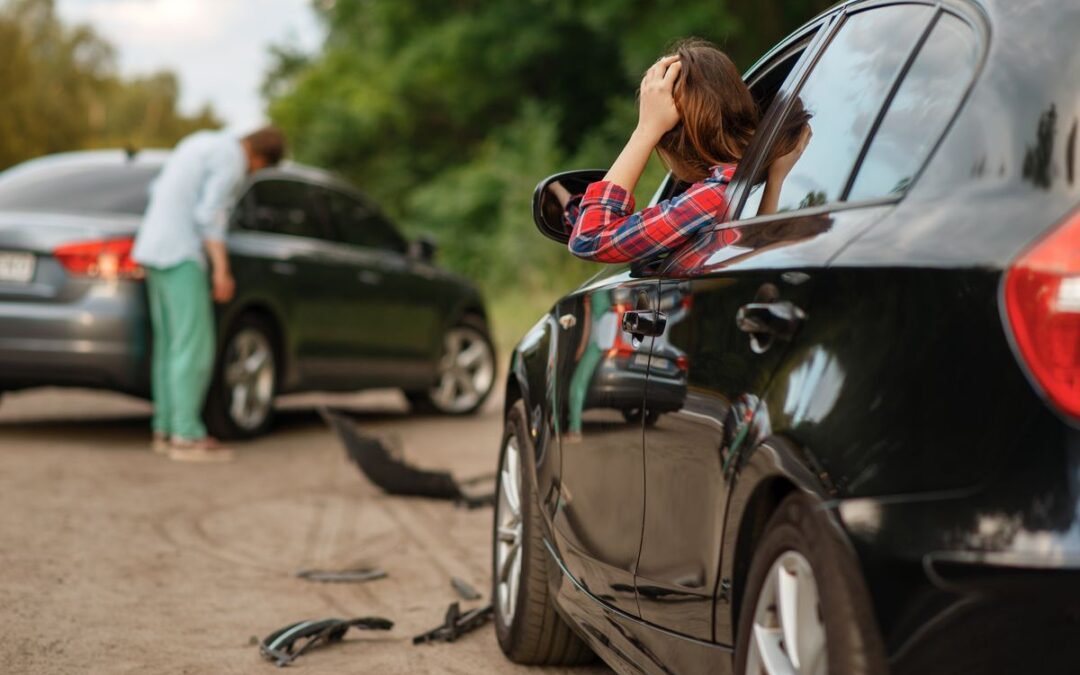Car accidents happen. Sometimes they’re minor fender-benders; other times, they’re life-altering events. In Georgia, as in many states, understanding the basics of personal injury law related to car accidents is crucial, especially if you want to navigate the after effects confidently. So, let’s break it down, keeping Georgia’s laws in mind.
1. What Constitutes Personal Injury in a Car Accident?
At its core, a personal injury in a car accident involves harm caused to an individual due to someone else’s negligence or intentional act.
Why It’s Crucial: Distinguishing between personal injury and mere property damage determines the path of your legal claim.
Georgia Nuance: In Georgia, personal injury can encompass both physical injuries (like broken bones) and emotional distress (like trauma or anxiety).
Whether it’s a whiplash or psychological turmoil from the accident, if another party’s action caused it, it could form the basis of a personal injury claim in Georgia.
2. Georgia’s “At-Fault” System
Unlike some states, Georgia operates on an “at-fault” system when it comes to car accidents.
Why It’s Crucial: The party determined to be “at fault” is typically responsible for the damages.
Georgia Nuance: Georgia employs a modified comparative fault system. This means if you’re found 10% at fault, your compensation could be reduced by that percentage.
It’s not just about proving the other party’s fault; you must also defend your actions to maximize compensation.

3. Time Limits: The Statute of Limitations
Every state has a window of time within which you can bring a personal injury claim.
Why It’s Crucial: Miss this window, and you might forfeit your right to claim compensation.
Georgia Nuance: In Georgia, you have two years from the date of the car accident to file a personal injury lawsuit.
While two years might seem lengthy, gathering evidence, consulting experts, and building a case can be time-consuming. Start early.
4. Damages: What Can You Claim?
In legal parlance, “damages” refer to the monetary compensation you can claim in a lawsuit.
Why It’s Crucial: Knowing the potential damages ensures you don’t settle for less than you deserve.
Georgia Nuance: Georgia allows victims to claim both economic damages (like medical bills) and non-economic damages (like pain and suffering). There’s no cap on these damages for personal injury cases.
If the defendant’s behavior was particularly egregious, Georgia courts might award punitive damages, meant to punish the wrongdoer.
5. Insurance Matters
Insurance plays a pivotal role in car accident claims, given Georgia’s “at-fault” system.
Why It’s Crucial: Your compensation might come from the at-fault party’s insurance. Understanding policy limits and insurance laws is crucial.
Georgia Nuance: Georgia law mandates minimum liability insurance coverage: $25,000 per person and $50,000 per accident for bodily injury, and $25,000 for property damage.
Always consider underinsured or uninsured motorist coverage for your policy. It can be a lifesaver if the at-fault driver lacks adequate coverage.
6. Proving Negligence
To succeed in a personal injury claim, you must prove the other party’s negligence.
Why It’s Crucial: No proof of negligence often means no compensation.
Georgia Nuance: In Georgia, proving negligence involves establishing that the other party had a duty of care, breached that duty, and directly caused your injury.
Collect evidence, witness statements, and expert testimonies. The clearer the link between the breach of duty and your injury, the stronger your case.
In Conclusion
Navigating the maze of personal injury law after a car accident in Georgia might seem daunting. But with an understanding of the basics, you’re better equipped to advocate for your rights. From understanding the nuances of Georgia’s at-fault system to diving deep into insurance matters, knowledge is your most potent tool. Remember, while the law offers a framework, each case is unique. Seeking counsel from a seasoned Georgia personal injury attorney can offer clarity and direction tailored to your specific situation. Safe driving, and always know your rights on the road!

